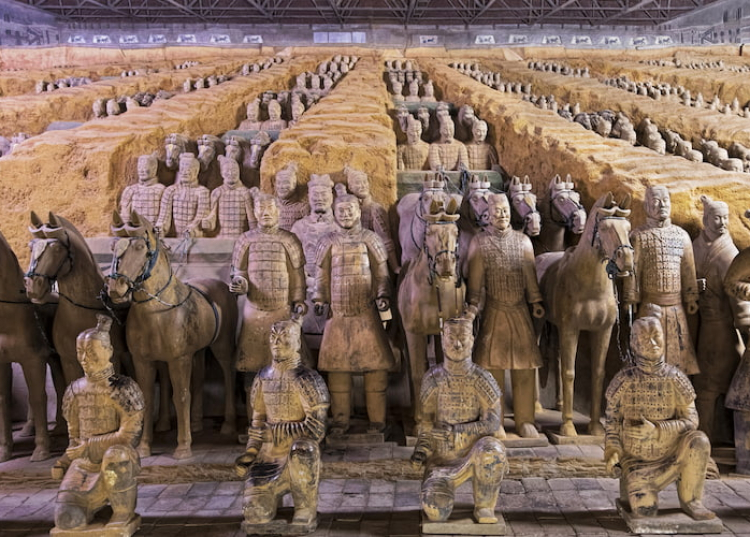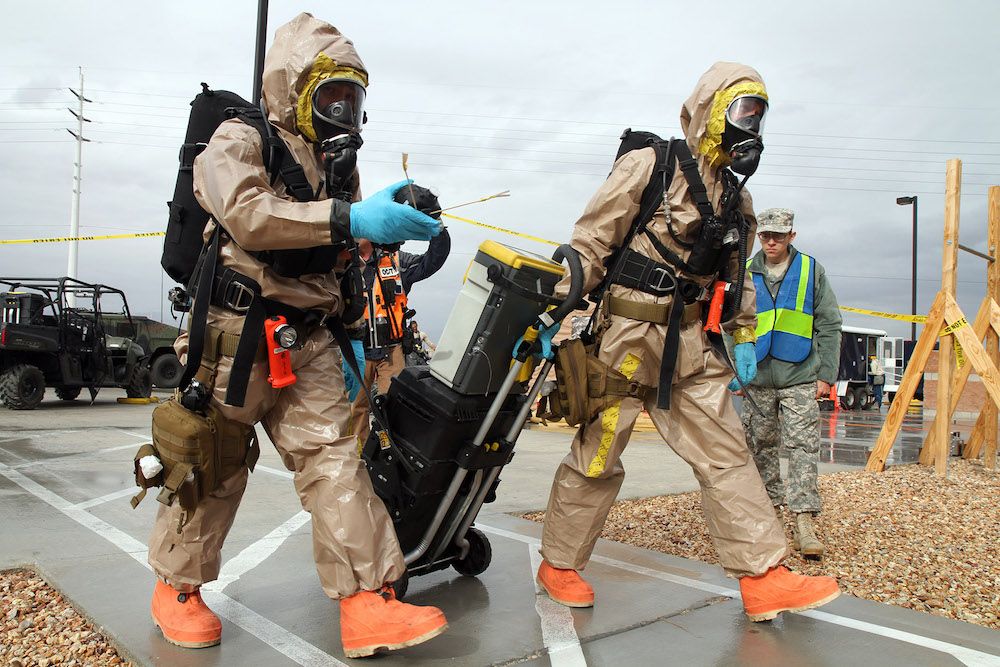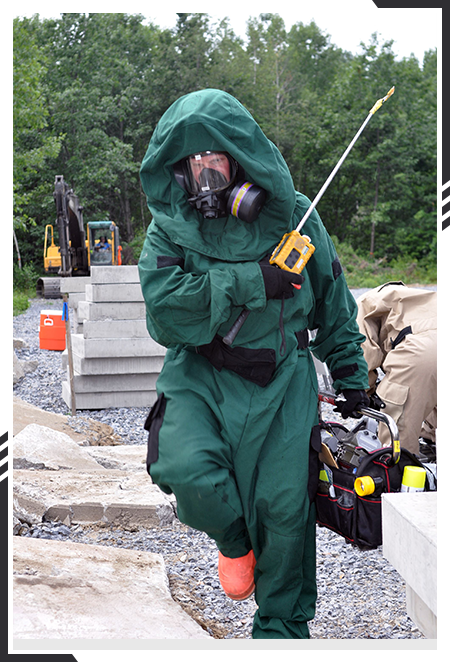Archaeologists are too scared to open the tomb of China's first emperor because they fear booby traps
Alia Shoaib Aug 6, 2023, 7:25 AM CDT

DnDavis/Shutterstock
Archaeologists worry that the tomb of China's first emperor contains deadly booby traps.
An ancient Chinese historian wrote that the tomb was filled with mercury and crossbows ready to fire.
A 2020 study found that mercury concentrations around the tomb were higher than expected.
Archaeologists are too scared to open up the 2,200-year-old tomb of China's first emperor Qin Shi Huang because they fear it might harbor deadly booby traps.
The mausoleum of the emperor, who ruled from 221 to 210 BC, is in Lintong District, Xi'an, Shaanxi. It is guarded by the iconic Terracotta Army, sculptures meant to protect him in the afterlife.
While parts of the necropolis have been explored, the tomb itself has never been opened due to fears of what might be inside.
Ancient Chinese historian Sima Qian wrote an account about 100 years after the emperor's death describing possible booby traps inside the tomb.
"Craftsmen were ordered to make crossbows and arrows primed to shoot at anyone who enters the tomb. Mercury was used to simulate the hundred rivers, the Yangtze and Yellow River, and the great sea, and set to flow mechanically," the text reads, per IFL Science.
While some scientists dismiss the accounts as being fantastical, a 2020 study indicated that mercury concentrations around the tomb were at significantly higher levels than expected.
"Highly volatile mercury may be escaping through cracks, which developed in the structure over time, and our investigation supports ancient chronicle records on the tomb, which is believed never to have been opened/looted," the paper read.
The formidable and ambitious Qin Shi Huang was the first to rule a unified China, and historical reports suggest he became obsessed with drinking mercury in a misguided quest for eternal life.
More:
https://www.businessinsider.com/why-archeologists-afraid-open-tomb-chinas-first-emperor-2023-8






















 = new reply since forum marked as read
= new reply since forum marked as read


